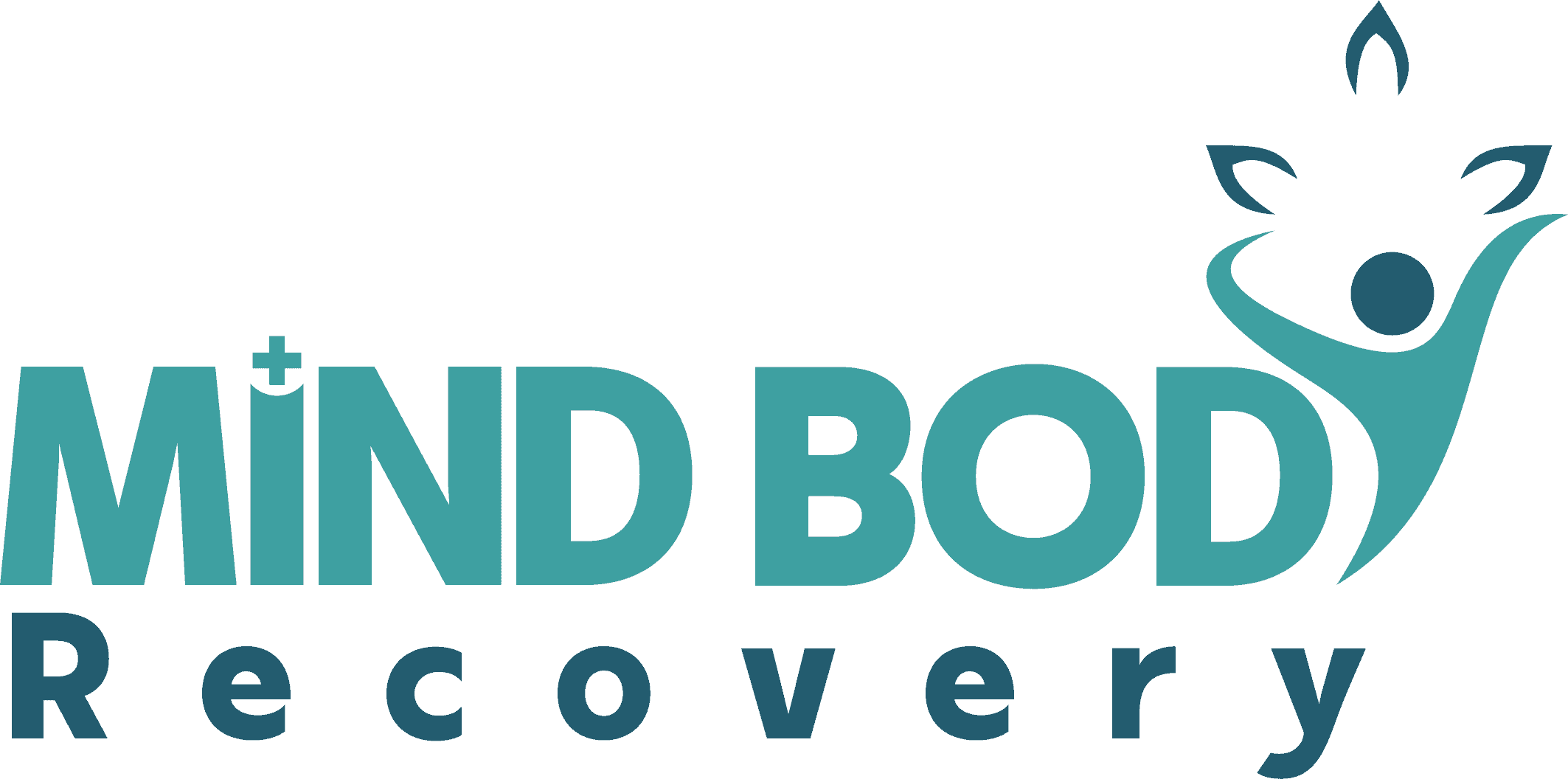Mindfulness, a technique rooted in Buddhism, can be defined as “a mental state achieved by focusing one’s awareness on the present moment, while calmly acknowledging and accepting one’s feelings, thoughts, and bodily sensations, used as a therapeutic technique”. It is far from apathy or suppression of feelings, but more the freedom to experience a full range of feelings, and then make a conscious decision on how to respond. Like other Asian rooted practices such as yoga, tai chi, and meditation, mindfulness is a skill that can be incorporated in any addict’s life, both during and after treatment. The long last effects of mindfulness can be practiced anywhere, by any one, and takes on a few minutes each day.
Through mindfulness, a recovering addict may develop compassion for self and others, a feeling that may not be present during active addiction. It also may enable the recovering addict to honestly evaluate their addictive behaviors and ultimately allow them to take responsibility for their actions. Now empowered, the recovering addict can finally make life changes by being able to focus on disturbing emotions and render them powerless, and thus, break addictive cycle.
Mindfulness-based behavioral relapse prevention (MBRP) was introduced by Dr Alan Marlatt as a way to help recovering addicts recognize negative thoughts and feelings without the need to judge or act upon them, and there is an increasing body of clinicians using the technique of mindfulness as an adjunct to more traditional relapse prevention approaches. These practices are meant to compliment traditional recovery techniques, not to replace them.
I encourage anyone who feels trapped in an addictive cycle that is causing negative ramification to their lives, to explore new avenues of recovery, mindfulness being one. Broadening your understanding and adding new skills to your toolbox, will create a higher propensity for your recovery.

